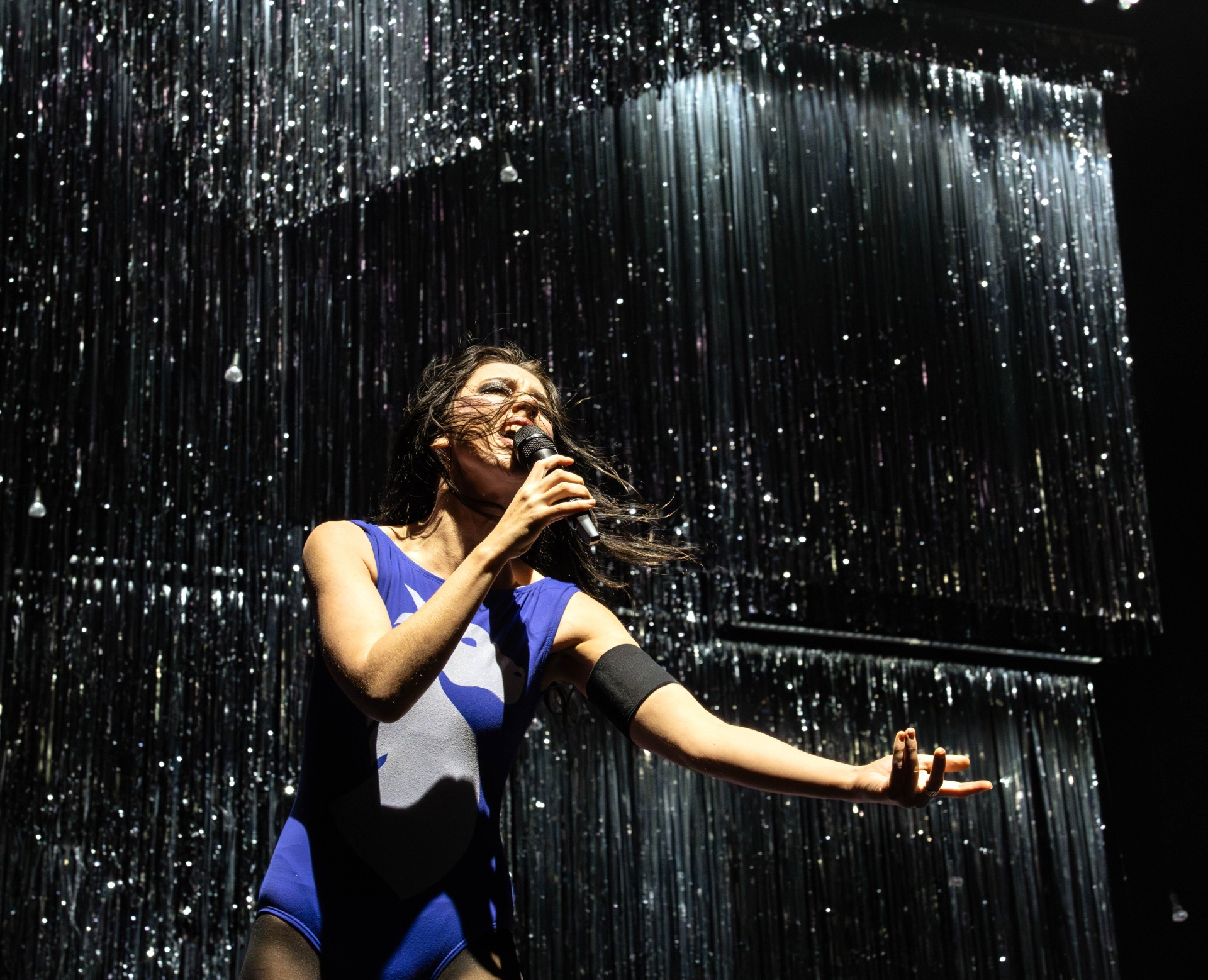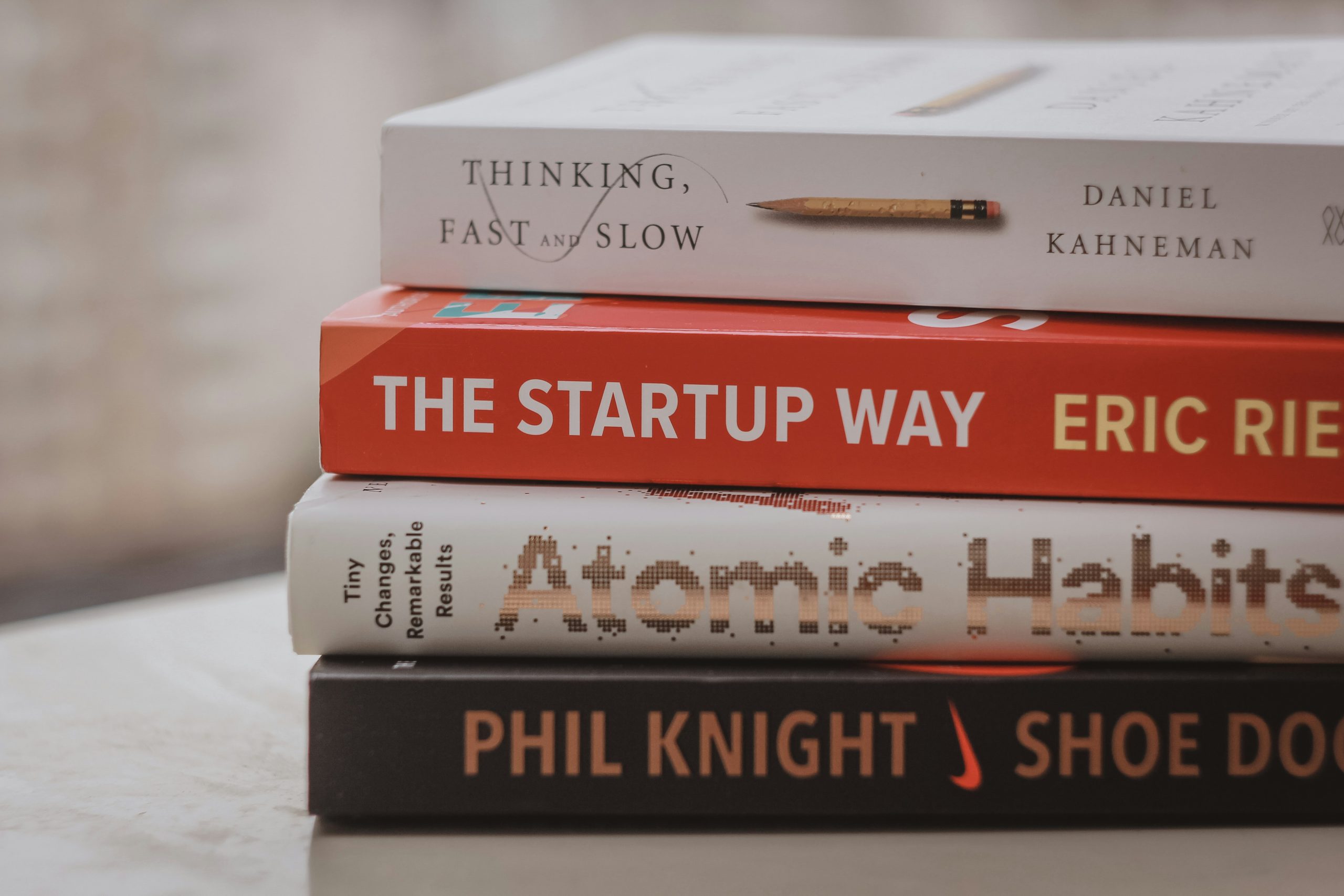By Ananya Ranjit
I was 15 when I first took the Hogwarts Express to the Wizarding World. What started reluctantly soon spiralled into full blown Pottermania as I devoured each bookÔÇö often under the sheets in the torchlight, so much so that my mother had to impose a one-week reading ban to bring me back to the Muggle world. I made a list of all the spells mentioned in the books, DIY-ed a wand with a wooden chopstick and knew every single one of Hermione’s dialogues from the first film, with the right pauses and everything. Around five years later, my love for Rowling’s masterfully created universe remains pretty much the same. While the mania may have allayed over the years ÔÇö much to the relief of friends and familyÔÇö the original Potter books and films continue to be a source of comfort that I revisit from time to time for a much needed shot of nostalgia.
It is therefore unsurprising that the release of the latest film in the Fantastic Beasts franchise stirred up a bunch of warm fuzzy feelings in me. However, after a rather dismaying 2 hours and 23 minutes, I must admit that the third instalment of the Potter prequel series has lost most of its magic; instead reducing the story of one of Hogwarts’ most powerful wizards into a bland, political thriller.
Featuring Wizarding World veteran David Yates in the director’s chair and J.K. Rowling as the screenwriter, The Secrets of Dumbledore explores the aftermath of the titular character’s blood pact with his lover-turned-nemesis Gellert Grindelwald, wherein they’d sworn never to fight with one another. Now, with the ambitious Grindelwald was plotting world domination and the oppression of Muggles, it was up to Albus Dumbledore and his motley crew of good samaritans, headed by Hogwarts’ very own Dr. Dolittle, Newt Scamander, to save the day. Added to this were around five other subplots, each one intending to establish the truly ÔÇÿglobal’ nature of the Wizarding World, from the United States to Norway (#diversityisnotjustamuggleissue), and even Bhutan, which was the location chosen to declare the future ÔÇÿSupreme Mugwump’ of the International Confederation of Wizards.
Loaded with jargon and complex political titles, viewers see that The Secrets of Dumbledore is Rowling’s attempt at allegory, whereby the rise and fall of Gellert Grindelwald is akin to that of fascist leaders like Hitler and Mussolini, making the entire story thus far, a magical retelling of the two World Wars. As someone who loves exploring the connotative meanings of a text, this facet of the film proved rather intriguing. However, as a Potterhead, it was rather underwhelming for it seemed that in the process of doing justice to the allegory of it all,┬á the focus was taken off of what Potter fans love most about the series: the characters. The result? A huge ensemble of one-dimensional characters with unexplored arcs.┬á
The only exceptions in this regard are Dumbledore and Grindelwald, whose relationshipÔÇöalthough transient on screenÔÇö was compelling as it glistened with the ghosts of their past. Mads Mikkelsen proved to be a more than acceptable replacement for Johnny Depp as the series’ central villain and portrays the character of Grindelwald in a grounded, more subtle manner, making him less caricaturish and more relatable as a man. This transformation was embodied externally as well, whereby Mikkelsen’s version of the character forgoes the unrealistically pale skin and bleach blonde hair in favour of a more natural, toned down look. Dan Fogler also reprised his role as the lovable Muggle baker, Jacob Kowalski, who provided much of the comic relief to the story, along with being the non-magical representation in the story, the one whose greatest strength was his ÔÇÿhuman’ity. Again, this was a noble attempt which was unfortunately rendered trite by the haphazard nature of the overall story.
In the end, I think The Secrets of Dumbledore showed promise, unfulfilled. While the allegory and its didactic messaging came through rather coherently, its most noticeable flaw lay in the fact that it did not seem to know its audience at all. A series created as an extension to the Harry Potter saga, it seems but natural that Potterheads like me remain its primary fans, those who bid the series adieu as they watched Harry help Albus Severus Potter get onto the Hogwarts Express in 2011. Willingly or not, they got their closure at that moment. For the Fantastic Beasts series to actually capitalise on the original franchise, it needs to cater to what fans may expect from a series that was such a monumental part of their childhood: nostalgia, a sense of familiarity. That is precisely what this film lacked. Way too much time was spent on redeveloping the Wizarding World, making it more expansive and introducing multiple characters, none of which really stuck with the audience. As a standalone film or a series separate from the Wizarding World, I’d say it’s quite adequate, but as a Harry Potter fan, let’s just say I’d rather rewatch the original series all over againÔǪ


